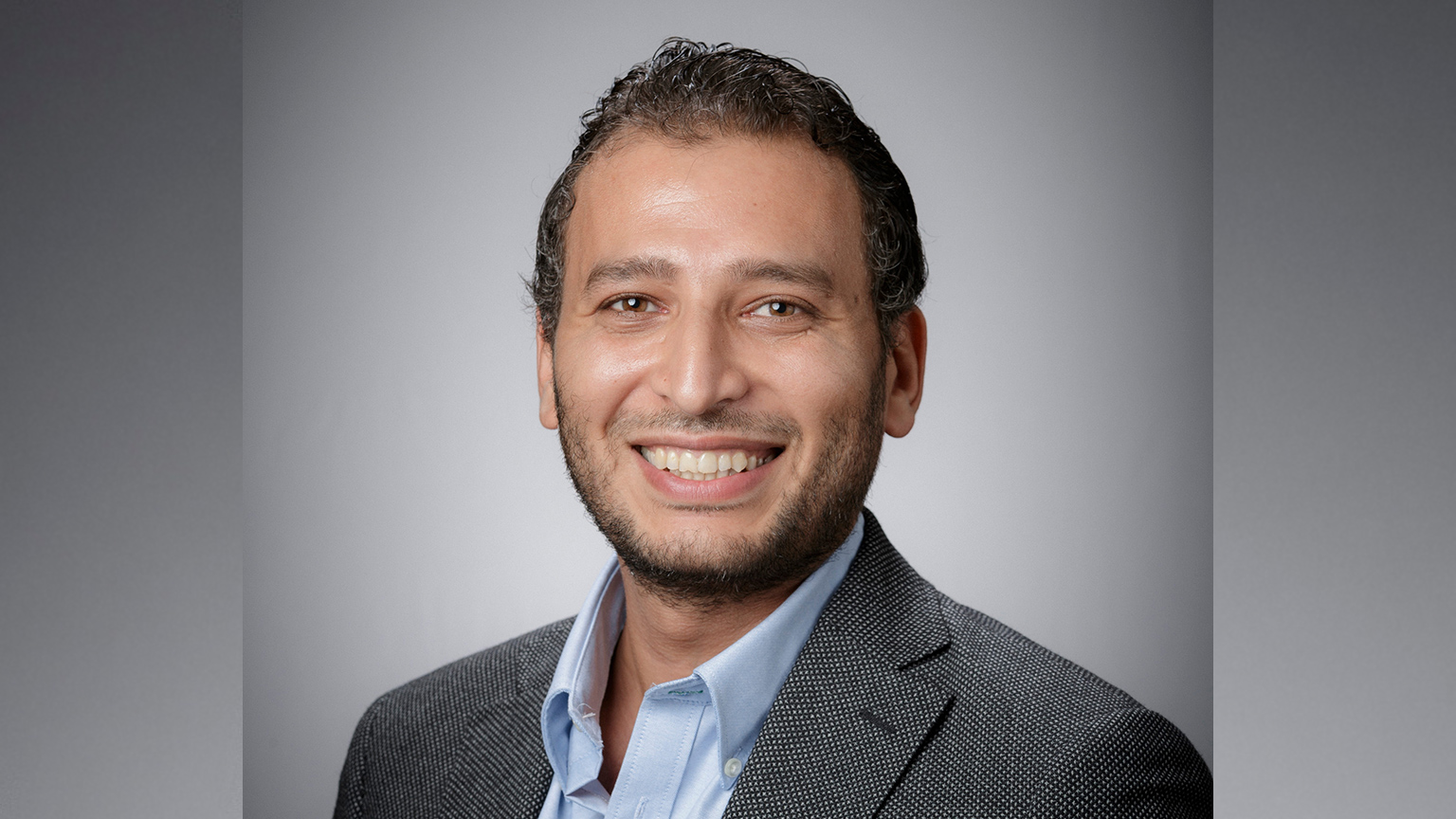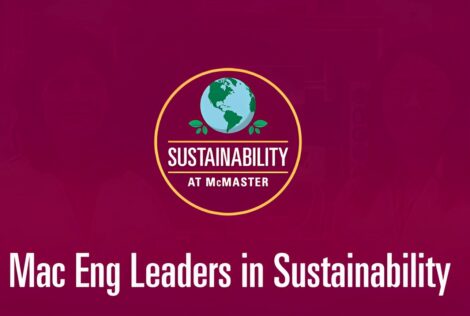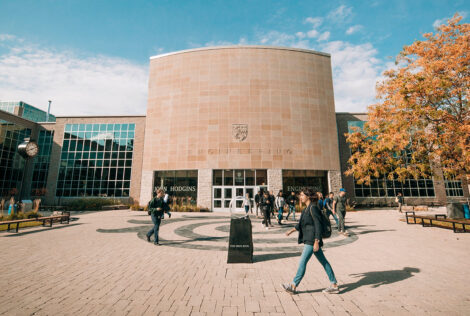

A McMaster University project, led by Moataz Mohamed, has received over $100,000 in federal funding to create the first Canadian interactive portal for zero-emission vehicle adoption in transit.
“Riding the bus is great. Riding an electric bus is even greater.”
A project led by Moataz Mohamed, assistant professor of civil engineering at McMaster University, has been awarded federal funding to develop educational tools and promote best practices to support zero-emission vehicle (ZEV) fleet adoption awareness in transit.
Natural Resources Canada announced the $101,775 investment among several projects to reduce pollution from the transportation sector.
The McMaster University project will result in the first Canadian interactive information portal for ZEV adoption in transit.
The advent of electric mobility solutions in our daily travel will create a paradigm shift in the way we think and practice travel. It is not just replacing the fuel source; electric vehicles will make several external impacts, and it is believed to bring significant environmental, air quality, energy, and economic benefits.
“However, considerable effort is required to increase awareness about the costs and benefits of electric mobility solutions. The Zero-Emission Vehicle Awareness Initiative by Natural Resources Canada (NRCan) provides a timely opportunity to facilitate knowledge mobilization with the public and critical stakeholders.”
The investment, Mohamed said, will help move more than 22 million Canadians in a greener way across hundreds of thousands of kilometres a day.
The project will provide awareness to a crucial piece of the puzzle: transit providers across the country.
The consortium plans to create two separate databases to develop integrated knowledge synthetization and interactive educational tools to e-buses in Canada.
The first will include the development of key performance indicators for the technology, which are tested and proven based on a best practices approach.
A selection of transit authorities across the nation will also be interviewed about their concerns for up-taking electronic transportation, including the enablers and barriers.
Based on their concerns, the key performance indicators, and previous research supported by Social Sciences and Humanities Research Council, the City of Hamilton and Infrastructure Canada, the second database – an interactive educational toolkit – will be created to aid transit providers in their decision-making process in moving toward electrified transit.
The toolkit will allow transit providers to simulate, among other factors, greenhouse gas emission reduction, energy demand estimation, and fleet estimation.
The outcome, Mohamed said, is knowing the obstacles that need to be overcome to move forward with those at the forefront of providing transit service.
“Our team at McMaster University will produce research-based evidence targeting the awareness of e-Buses and their implementation in the Canadian transit sector. We have substantial experience (practical and scientific) with all aspects related to transit electrification. Therefore, this initiative will capitalize on our ground-breaking models, scientific base, and innovative tools developed at McMaster.”
The funded project put forward by McMaster University is the only one among those announced that directly relates to buses and comes from a university in the GTA.
“Through investments such as the ones announced today, we’re equipping Canadians with the awareness and knowledge they need to confidently make the switch to a zero-emission vehicle. Ensuring easy access to ZEVs across Canada is a critical part of our plan to lower emissions and achieve our international climate goals. Through these and similar investments, we are putting more Canadians in the driver’s seat on the road to a net-zero future,” said Minister of Natural Resources Johnathan Wilkinson.
Mohamed stressed the need for equity of fund distribution across vehicle classes. The external impact of the awareness campaign, he said, will feed into financing electric vehicles for the working and lower income class.
“All these merits of transit of electric mobility will actually materialize higher when you think of it from a bus perspective,” he said.
The following researchers are involved with the effort to “break the ice” when it comes to public transport electrification:
- Dr. Hany Farag, Co-Applicant
- Dr. Gamal El-deeb, Postdoctoral fellow
- Ahmed Foda, PhD Student
- Sadia Tasnim, Research Assistant
- Anastasia Soukhov, Research Assistant
- Petra Laleggio, Research Assistant


